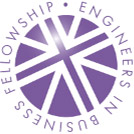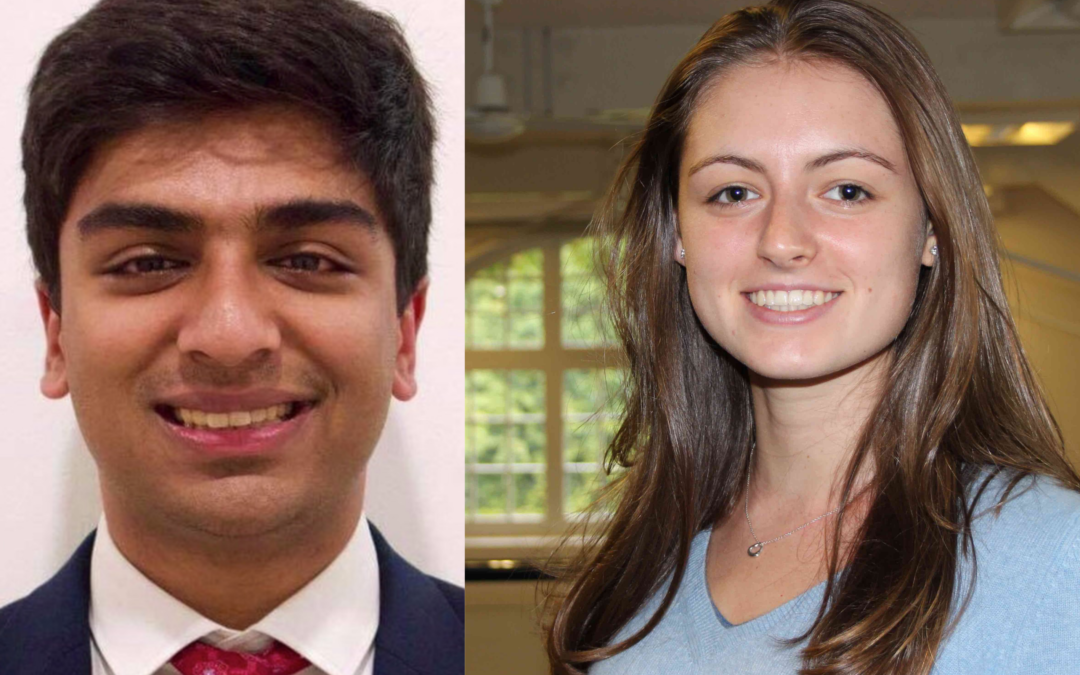University of Exeter Team of Four Reach the Final of the Engineers in Business Innovation Competition
On 26 October 2020 a team from the University of Exeter will compete against nine other university teams to win a prestigious Engineers in Business Competition (EIBC) Award, a share of £10,000 and business mentoring from a Sainsbury Management Fellow.
The EIBC supports and promotes the idea of a combined engineering and business education and provides prize funding to universities to help them encourage more engineers and technology students/graduates to get involved in innovation and entrepreneurship. In a world that is moving and developing so rapidly, these skills are vital to help tackle challenging global problems and to improve our lives.
The team, who all attend the University of Exeter, is made up of four members – Zain Shaikh, a BA in Geography; Izzy Zillig, a BSc in Economics; Harriet Needham, a BA in International Relations; and Hannah Clift, a BSc in Engineering. Together, they formed BioSmart, which this year won the University of Exeter’s innovation competition along with £1,000 from EIBC. The team then entered and won a place in the national EIBC Champion of Champions Final where they are competing for a Big Ideas Award and a further £3,000.
The BioSmart Initiative: Bringing Biochar to impoverished regions in Africa
The BioSmart Initiative is a project that revolves around the creation and commercialisation of Biochar, a cleaner alternative to charcoal, on the African continent. The BioSmart team designed furnaces that can burn organic agricultural waste under pyrolysis in order to produce biochar locally, giving communities full autonomy over the creation – and profit – of the biochar they produce. The initiative has already been running for three years and began operating in Kadzunini, Kenya.
Zain Shaikh commented: “The original needs assessment of Kadzinuni showed that women and children were walking for up to three hours every other day to collect illegal wood charcoal from a distant market or resorted to illegally chopping down trees themselves for fuelwood. This initiative saves women from having to make such an arduous journey, as well as providing them with a critical additional income. This income is particularly important as it allows the woman to buy their children clothes and provide them with education.
“The production of Biochar has already started to make a difference in society with BioSmart’s recent expansion into Zanzibar and we’re working closely with the CR Hope Foundation to help them set up their own Biochar production on a grander scale. The CR Hope Foundation educates children in Zanzibar, and we have sent over lesson plans on climate change, global warming, and the positive effects of using Biochar.”
The Awards Presentation Ceremony – 26 October 2020
The live online dragons’ den style competition will be compered by TV presenter and engineer, Kate Bellingham. Competing against nine other teams, BioSmart will have just six minutes to convince the judges, through their presentation and Q&As, that they should be crowned Champion of Champions and take home a £3,000 Big Ideas Award. Amongst other criteria, the judges will be assessing just how much of an impact BioSmart can have on impoverished communities, and how it will solve the real-word problems and challenges they experience.
The prestigious judging panel comprises:
● Ana Avaliani, Associate Director, Enterprise, Royal Academy of Engineering
● Gareth Trainer, Chair, Enterprise Educators UK
● Henning von Spreckelsen, Director and Investor in Plastecowood
● Steve Cleverley, CEO, Oxentia Ltd, Global Innovation Consultancy
As a student of Geography who is now embraced entrepreneurship, Zain is extremely passionate about business education for those who want to make a difference. He said:
“Both engineering and business innovation are important in creating a well- rounded project. While the creation of infrastructure – either physical or virtual – is an extremely useful skill, businesses also require graduates to explain and justify their innovations or convince investors of what they are trying to do. Therefore, students who have an understanding of business innovation skills have an innate competitive advantage.”

